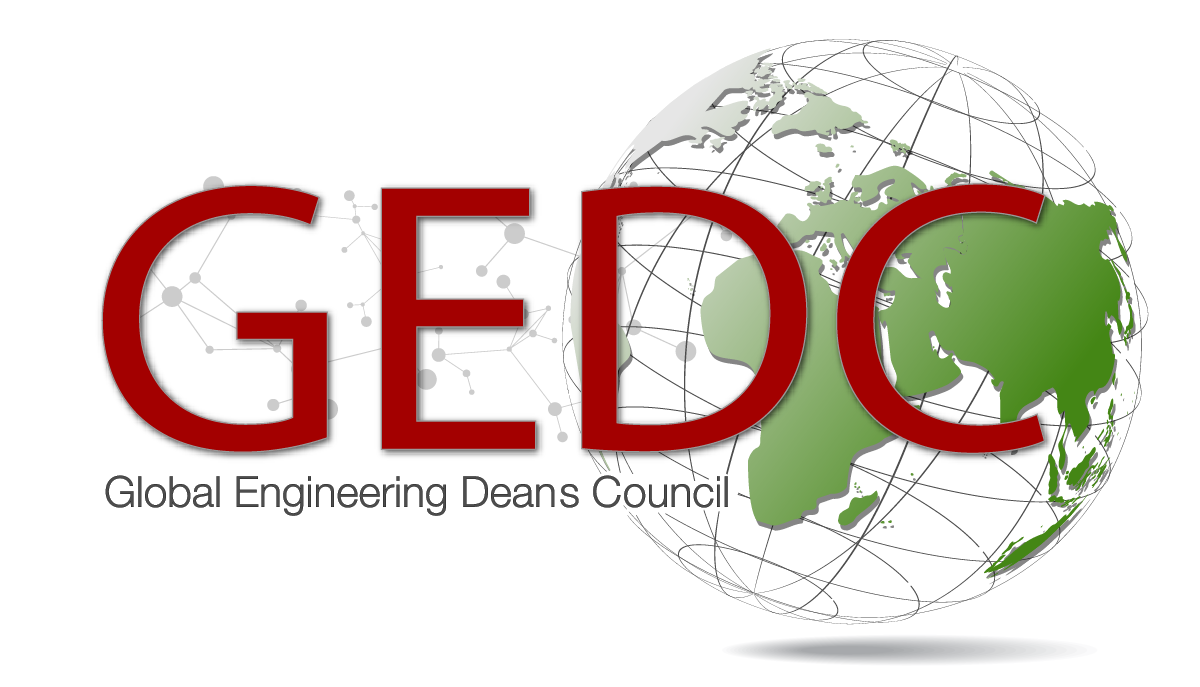Utilizing social robots in different areas such as education and cognitive rehabilitation of children with special needs (e.g., children with autism, cancer, dyslexia, hearing disabilities, etc.), is rapidly expanding worldwide. Hence, the use of this technology as a modern tool in diverse educational or treatment classes will be unavoidable in the next few years.
Specially designed social robots with cute characteristics can increase or facilitate effective engagement levels and compliance of children with special needs toward teachers/therapists and robots in robot-assisted classes. Moreover, socially assistive robots could play a catalytic role in making the education and social/cognitive rehabilitation process of children more appealing in a friendly environment, and this could increase the attention span of the participants and their tendency to become deeply involved in educational/treatment tasks.
Alternatively, educational and therapeutic robots could benefit teachers and clinical supervisors in several ways, such as by supporting real-time treatment assessment and keeping records of the children’s performance in robot-assisted sessions. In this presentation, we would like to introduce some of our designed social robots – at the Social and Cognitive Robotics Lab., Sharif University of Technology – and the findings of our robot-assisted programs in education and rehabilitation of children with special needs in Iran.

Alireza Taheri is an Assistant Professor of Mechanical Engineering at Sharif University of Technology, Tehran, Iran.
He is the Head of the Social and Cognitive Robotics Lab. at Sharif University of Technology. His research focuses on designing/using Intelligent Robotic Systems for education and rehabilitation of children with special needs.

